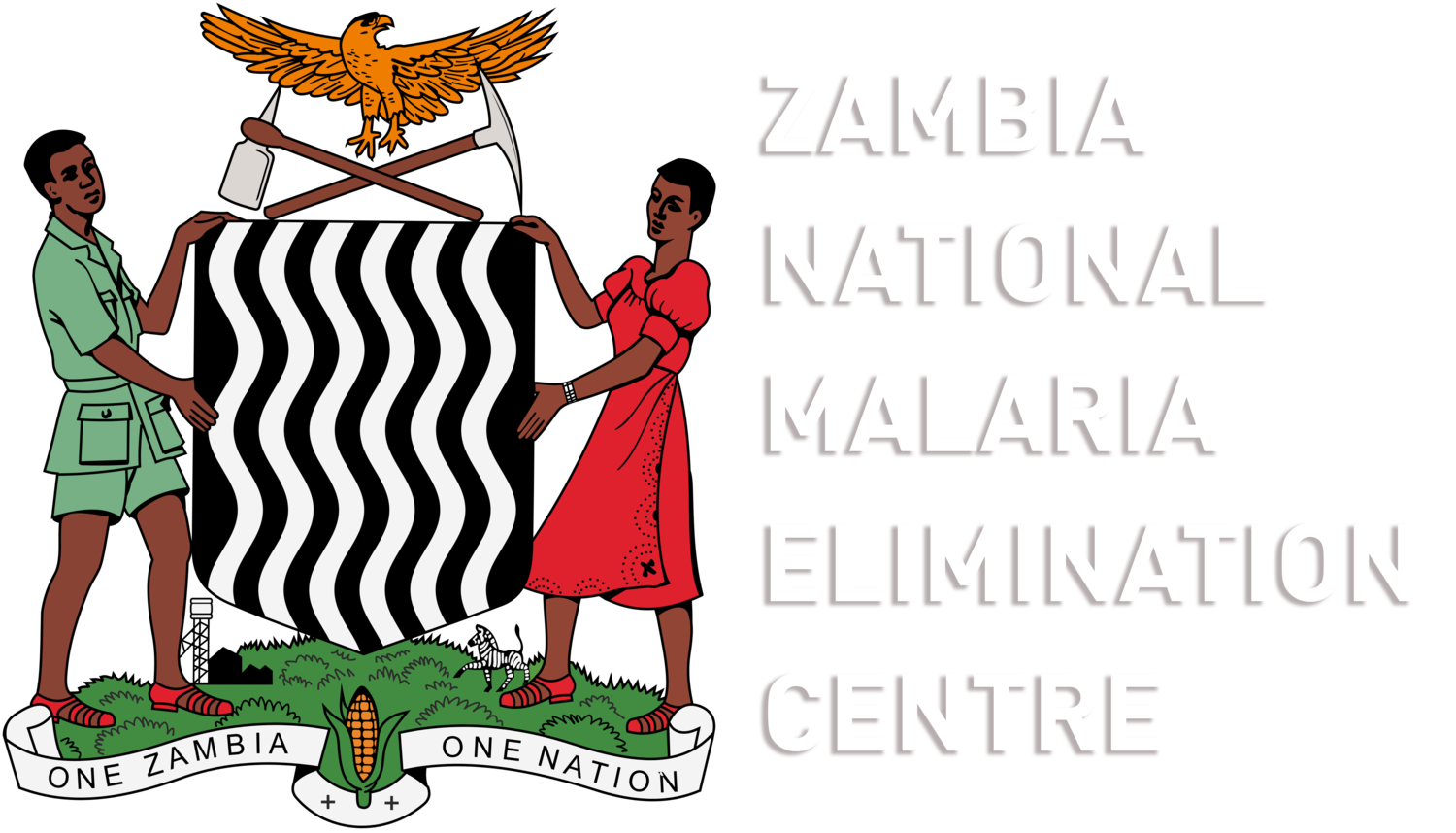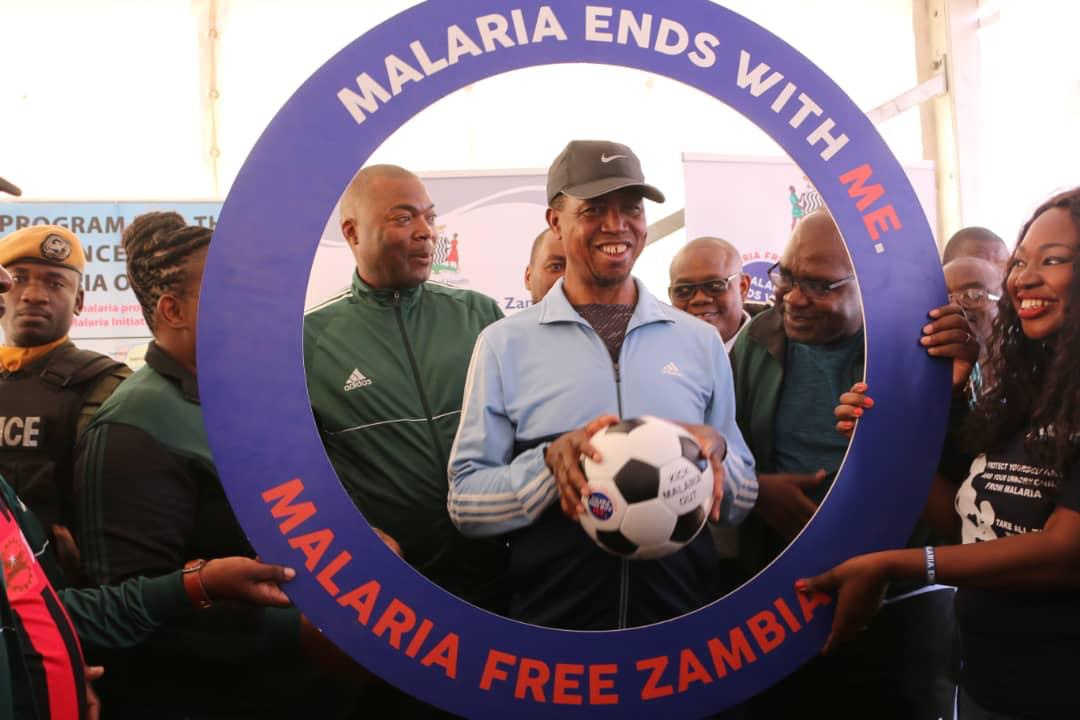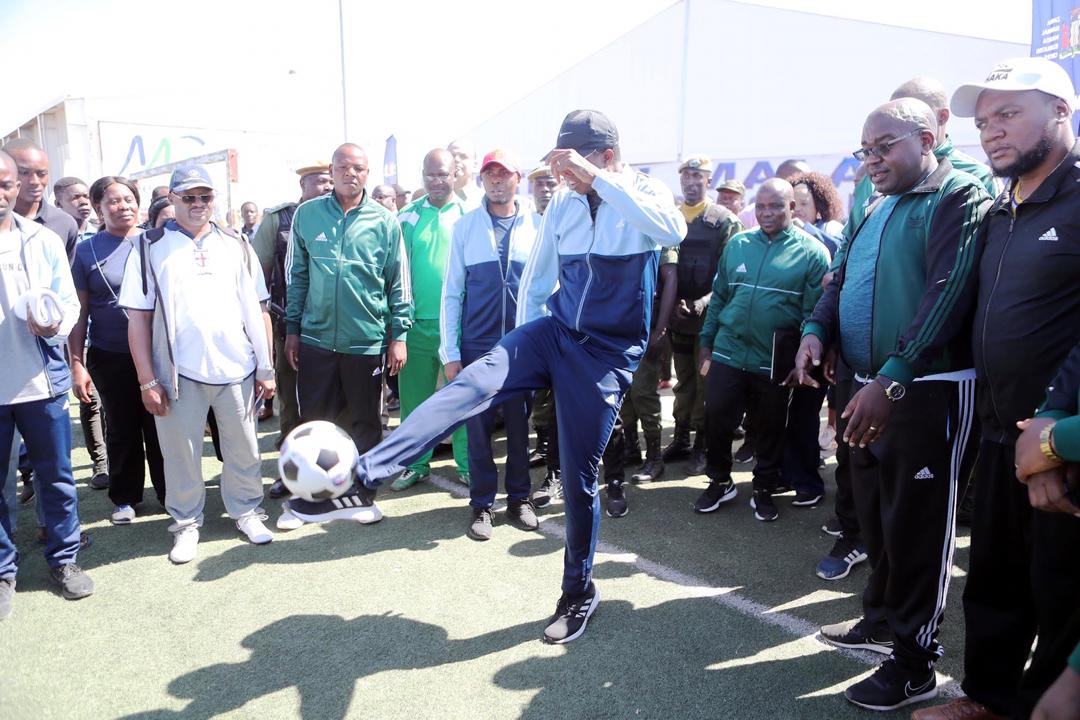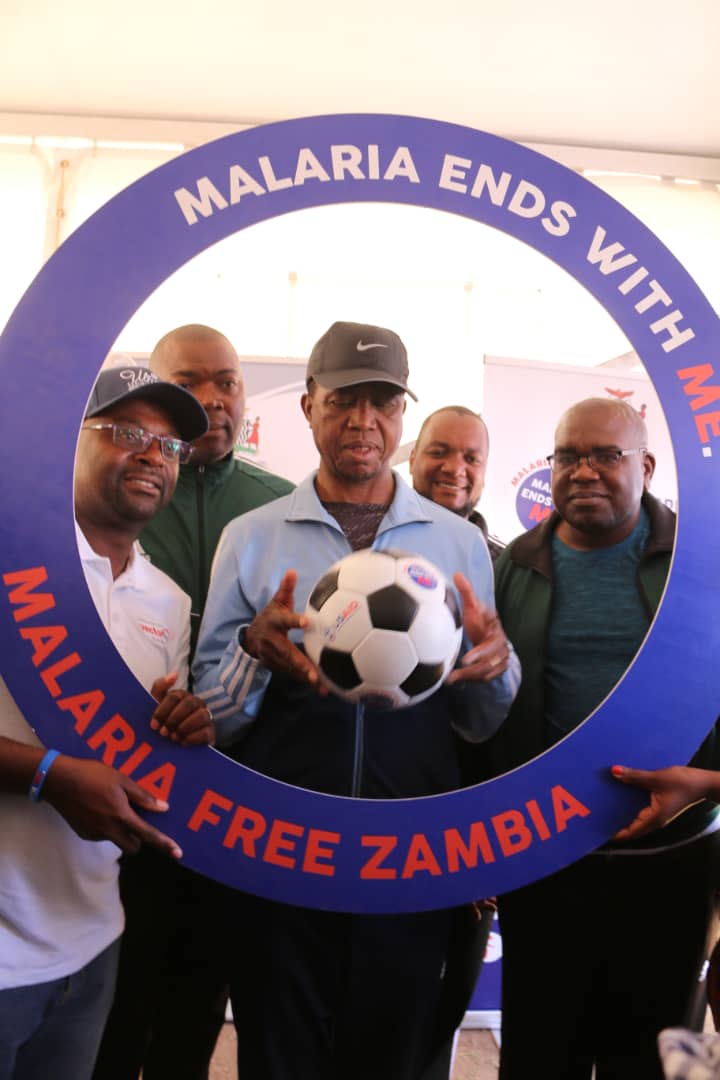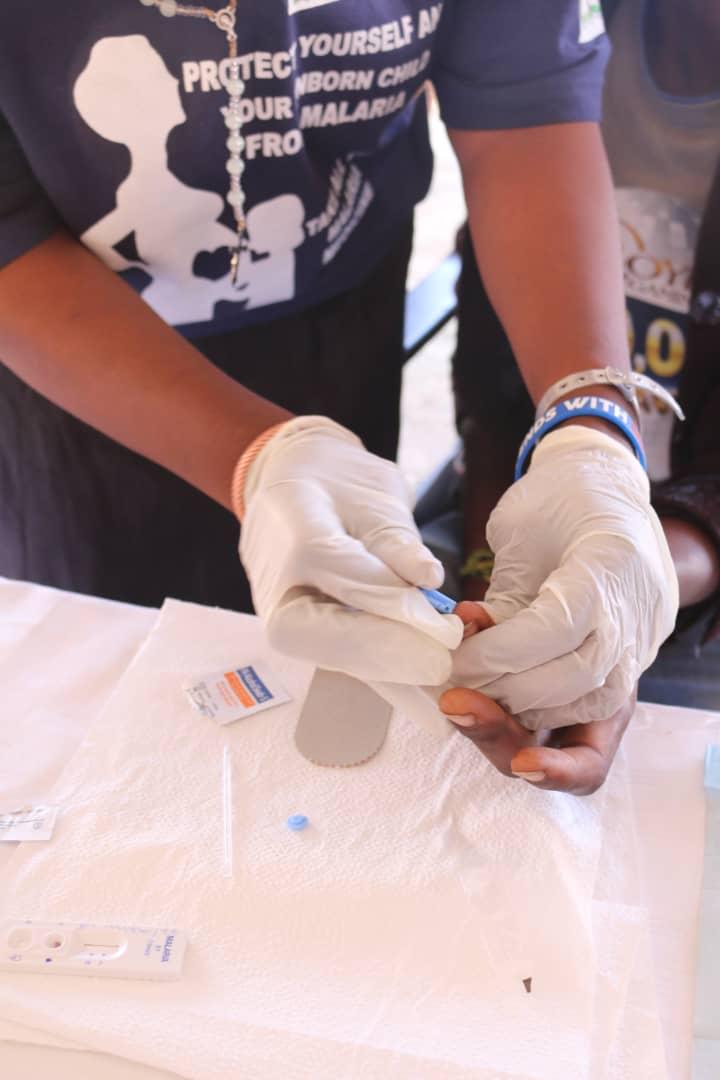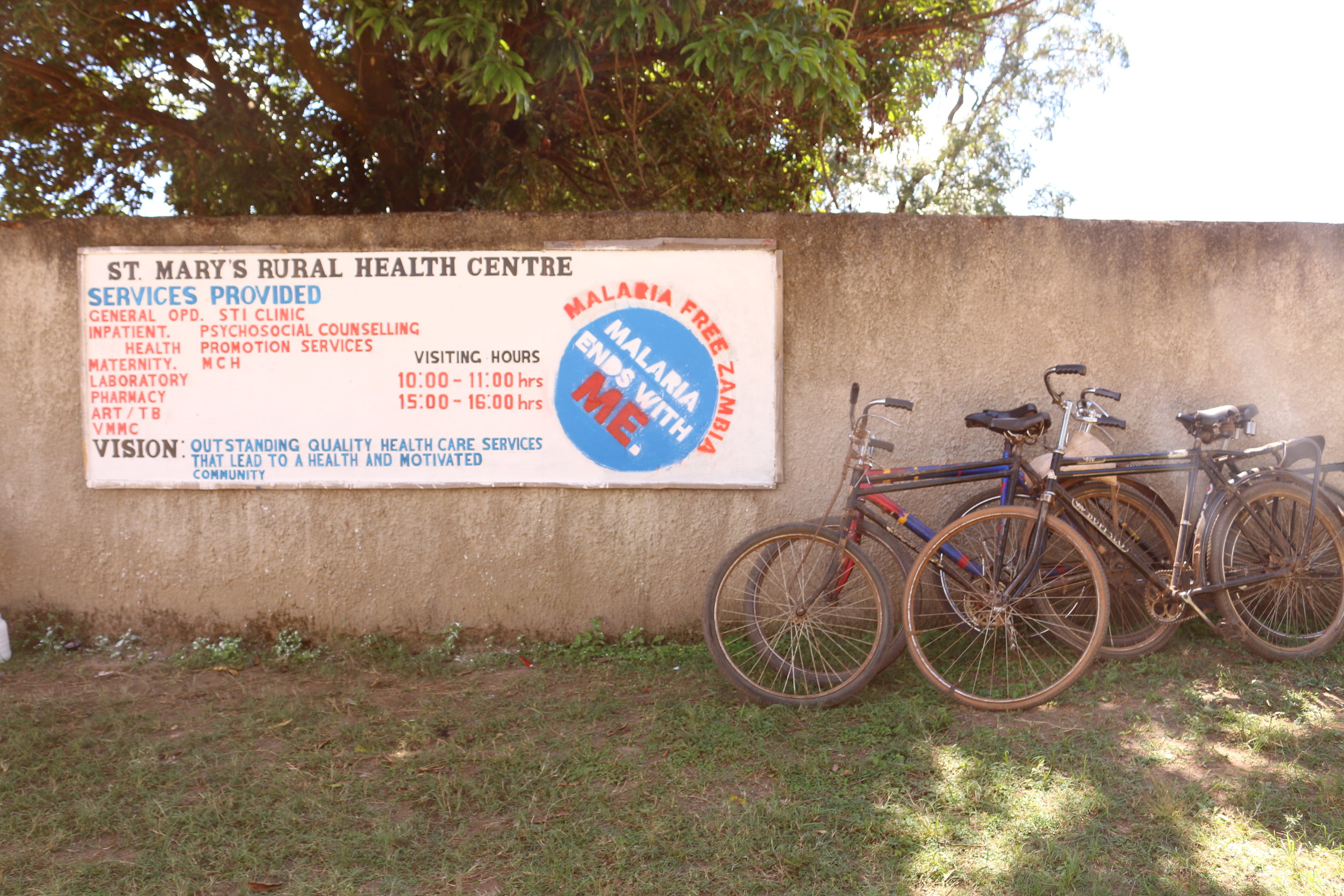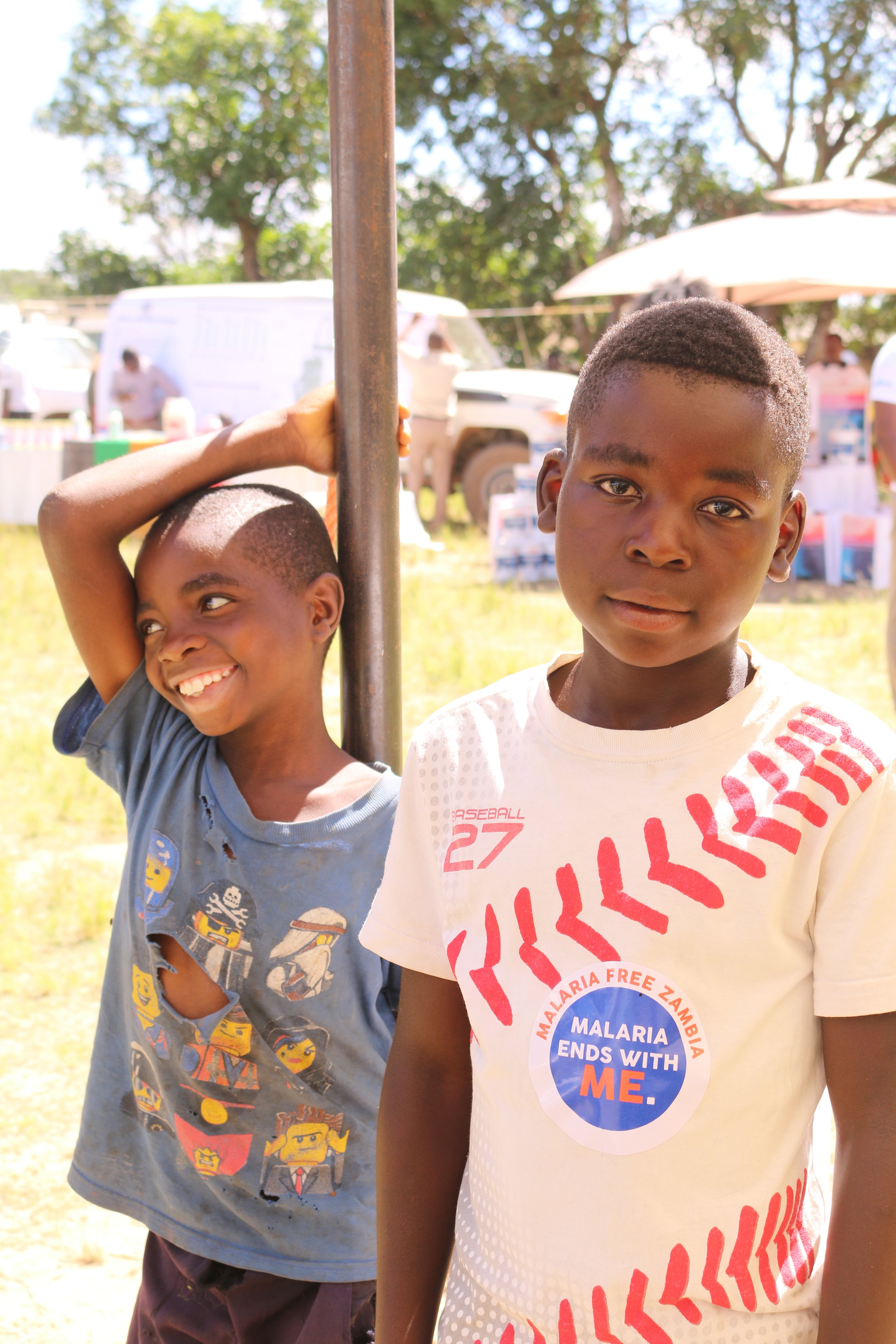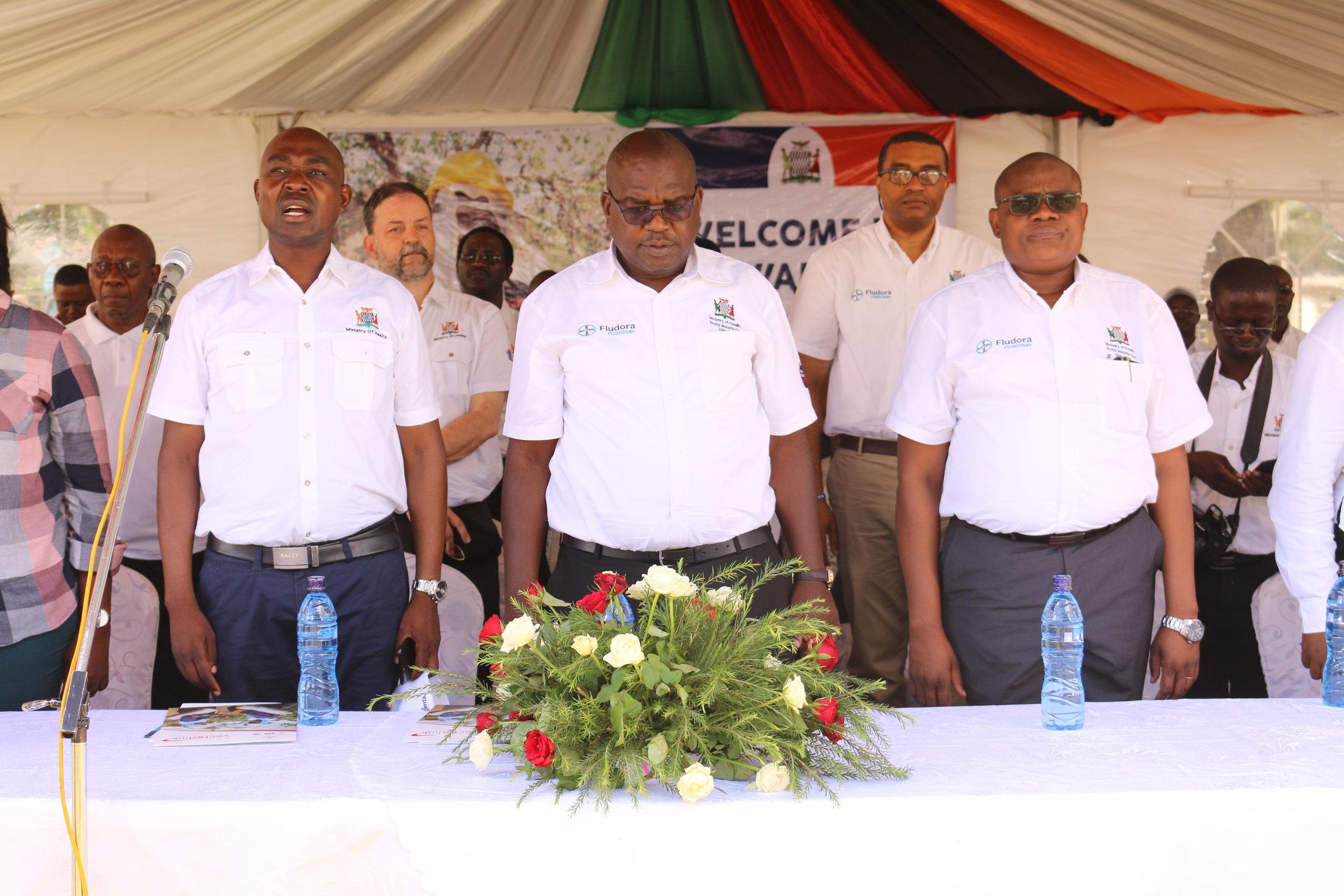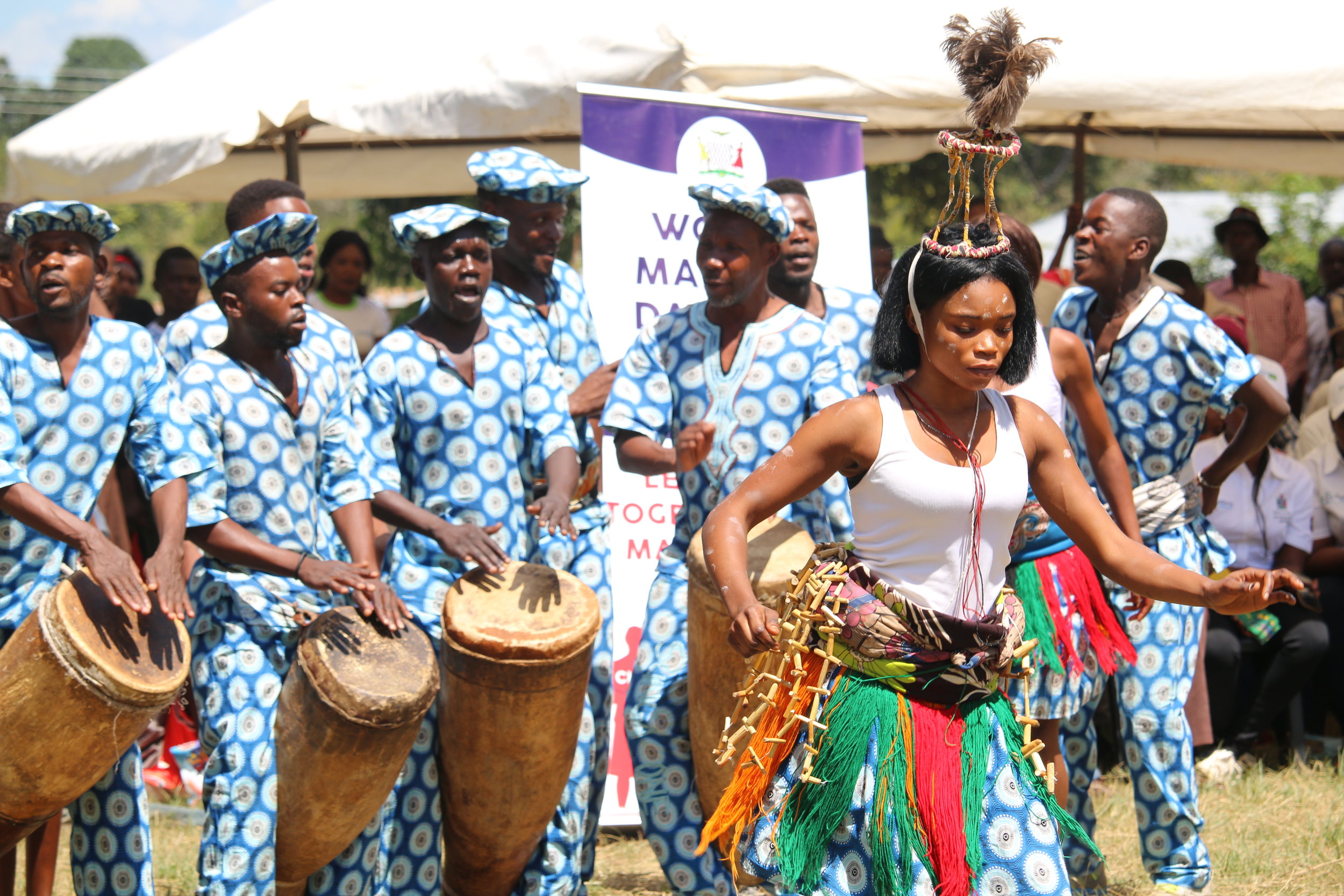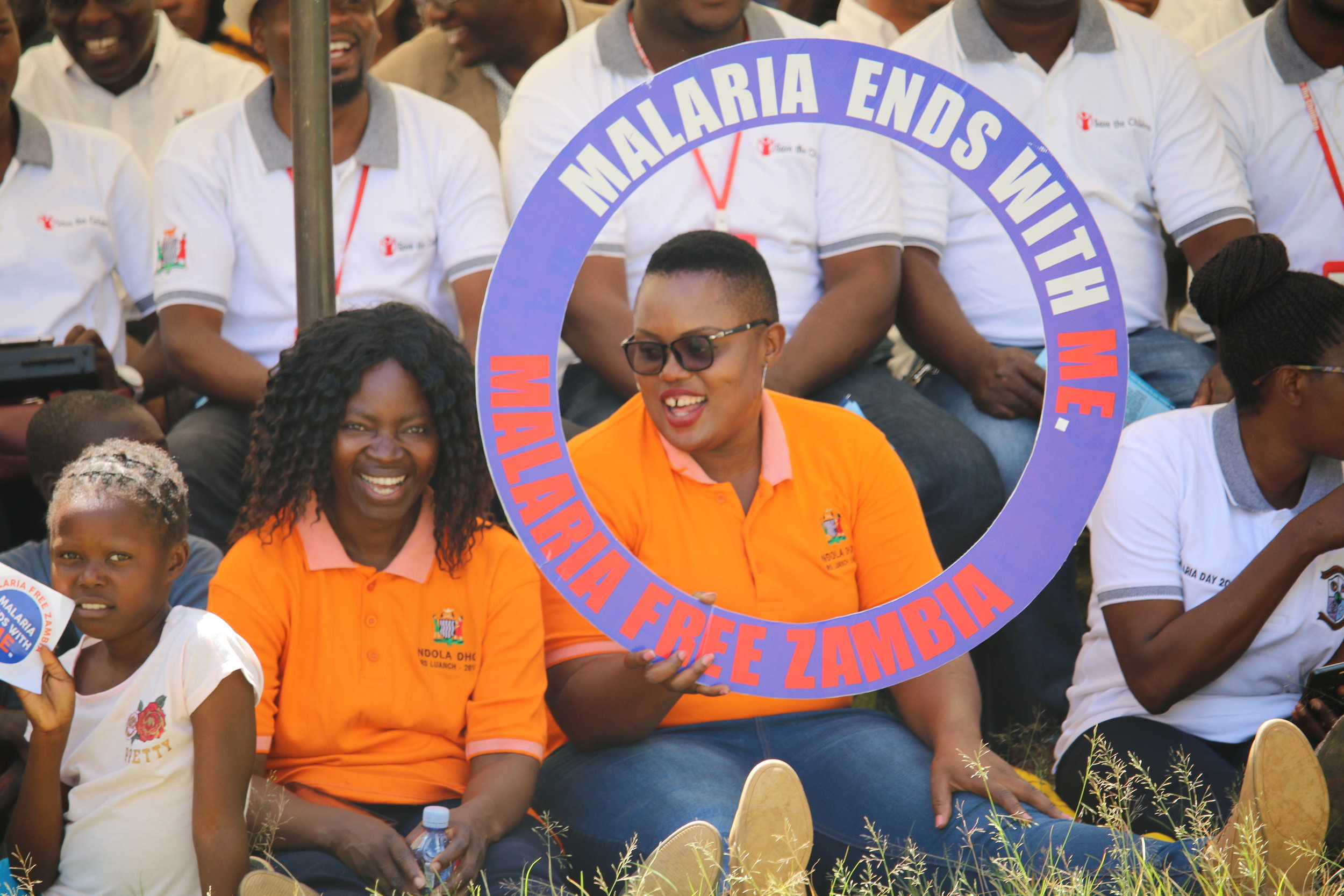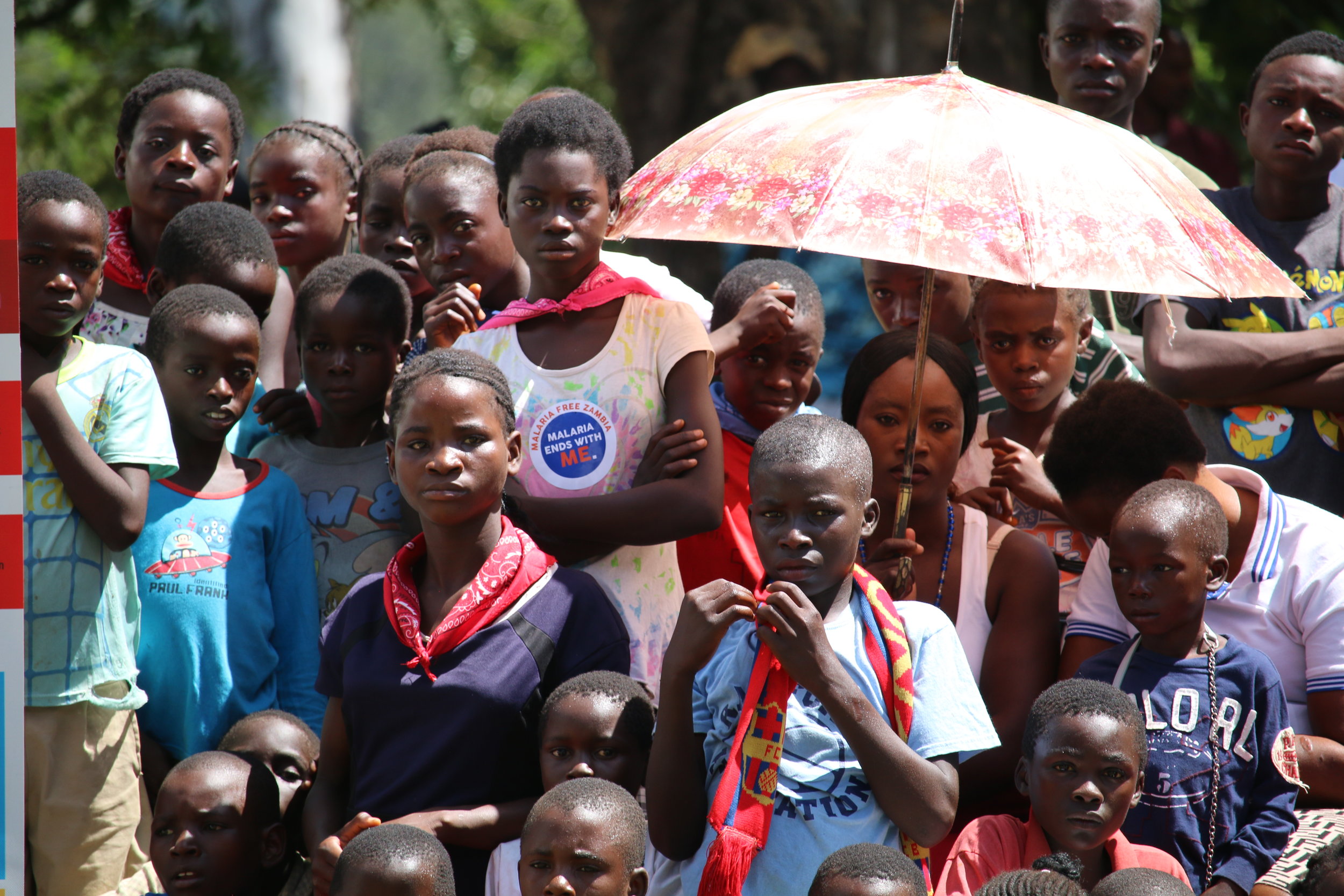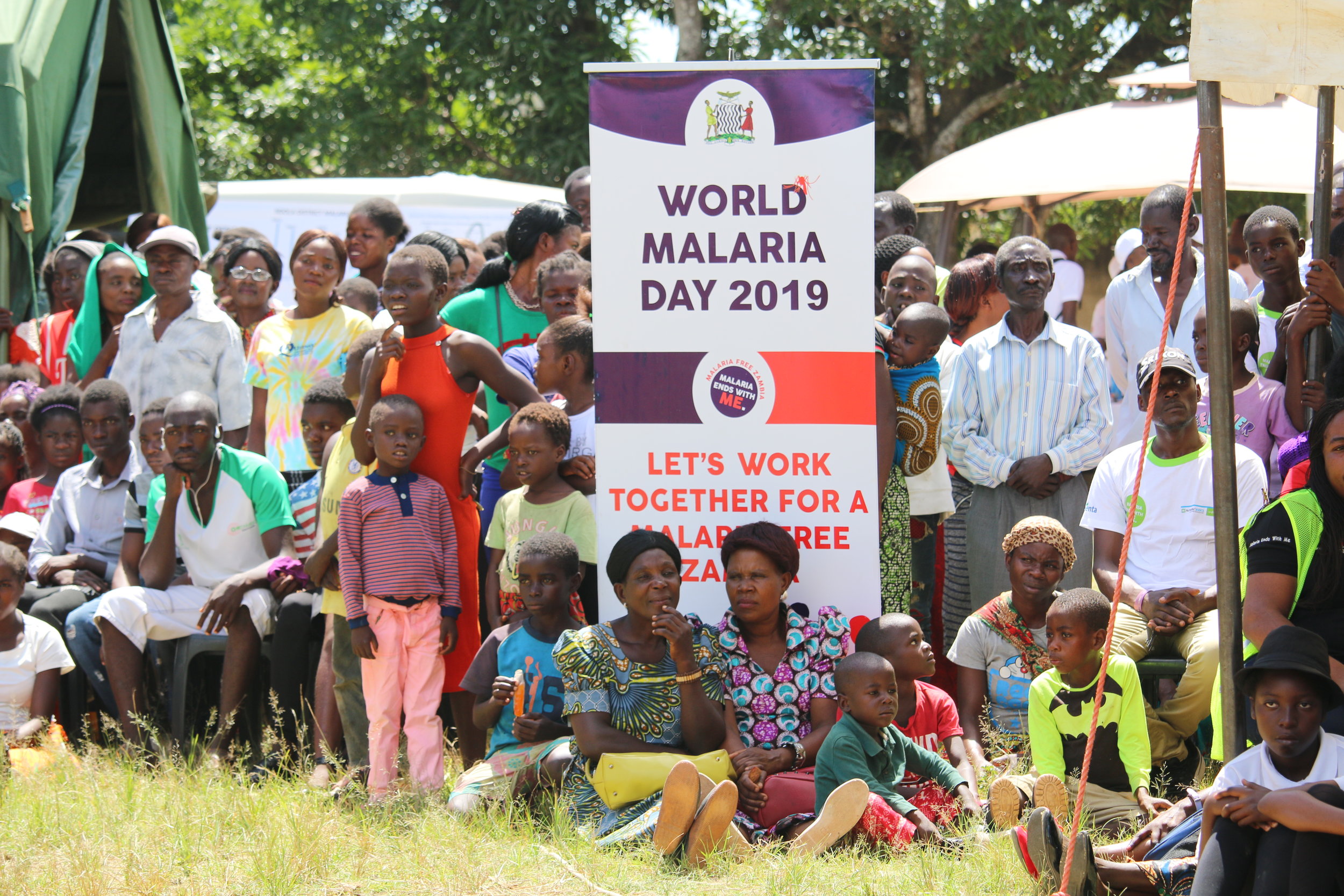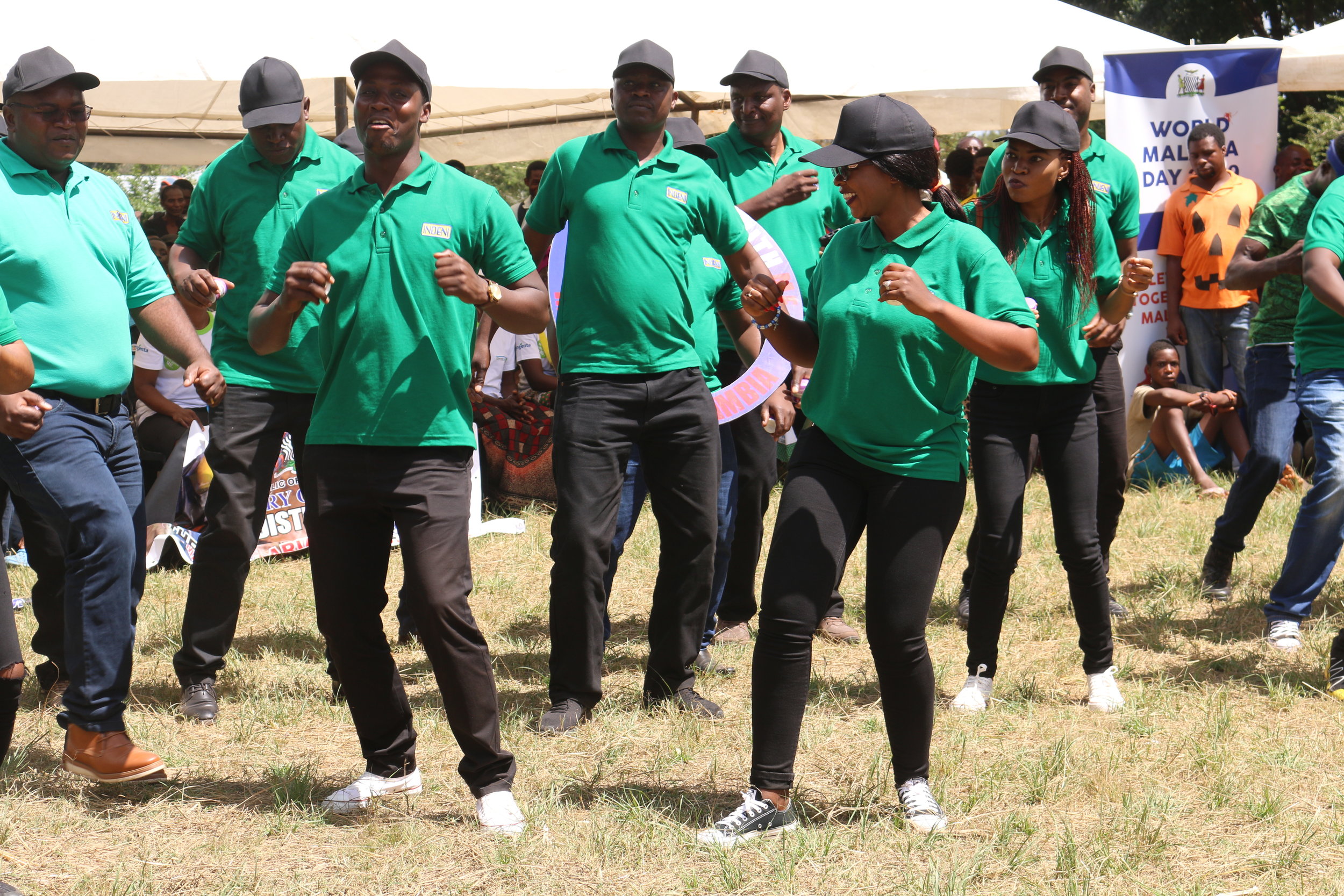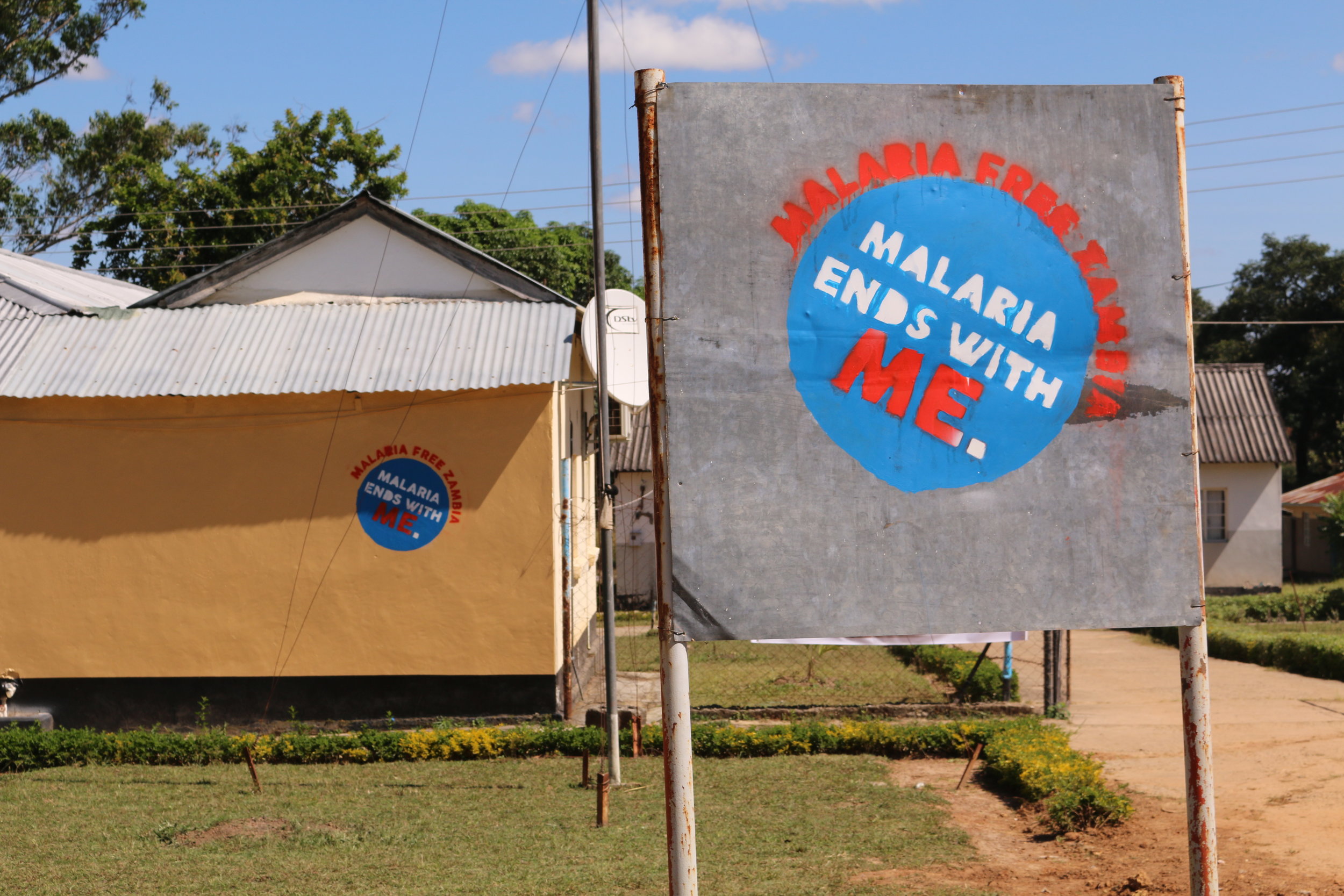Community Health Worker Spotlight
Meet Agness Ndulubila, Mulobezi District
Agness Ndulubila has served as a volunteer community health worker (CHW) for 23 years. With a health system hindered by a shortage of doctors and other health workers, CHWs in Mulobezi District are essential in their communities. Many villagers live great distances from health facilities and lack transport to reach them. Frontline health workers like Mrs. Ndulubila are often the first, and sometimes only, providers of health services to test and treat for malaria.
Mrs. Ndulubila lost her second born daughter to malaria. “This is what motivated me to get involved and educated about health, specifically malaria,” she said. “I was so proud to be chosen by my community as a health worker. Wherever I go, people praise me as a doctor.”
She cares for four nearby villages, assisting her neighbors and those in surrounding communities, to diagnose and treat malaria. In rural Mulobezi, Mrs. Ndulubila is a lifeline between the community members and the health facility center some eight miles away. Community health workers invest their efforts in their home area where they know the residents and are deeply aware of the health issues affecting their communities.
Mrs. Ndulubila attends to 10- 20 people per day. Many people present with fever and vomiting – symptoms of malaria but also of other infections – so she has been trained to administer a rapid test to see if malaria parasites are in the blood.
The community had a lot of problems because they did not know how to look for signs of malaria. “We used to have many malaria cases; many people were dying; countless others were getting sick.” Mrs. Ndulubila recounted how the disease affected the community: people were not able to farm, and pupils were not able attend school.
“Now we are able to test and treat community members,” continued Mrs. Ndulubila. We educate them on how to take the drugs, emphasizing on finishing the course. My major role in fighting malaria has been educating the people on how they can prevent malaria by consistent use of treated mosquito nets and spraying of homes. I teach people that they can get malaria all year round; hence, they must use mosquito nets all year round”.
In Inyambo, a village served by Mrs. Ndulubila, malaria, diarrhea and malnutrition cause the majority of illnesses and deaths.
“There are many people who would have died because of the distance to the nearby health facility. In delaying treatment, many people would deteriorate or die. Having drugs and being able to test in the community has helped a lot.” said Mrs. Ndulubila.
Mrs. Ndulubila reflected first-hand on the impact of the availability of local malaria prevention and treatment services: “There were too many deaths and too much sickness; people were unable to farm and find food. We spent a lot of time attending funerals and tending to sick people. I used to conduct about 30 malaria tests, and about 27 would be positive for malaria. These days it’s the opposite, out of 10 tests you will find maybe only 1 positive for malaria. This is a good sign that malaria is on the decline and it is possible for a malaria free Zambia by 2021.”
